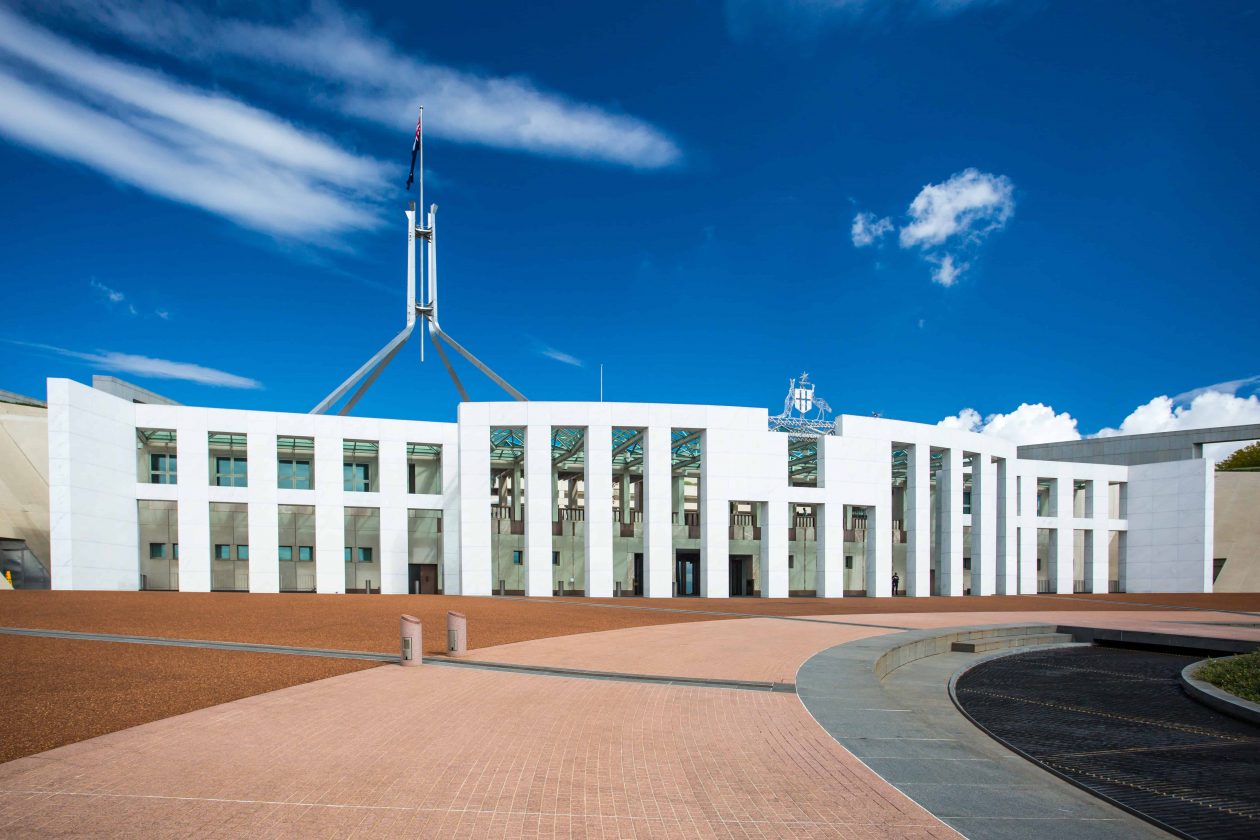Australian crypto and financial insiders have until end of day tomorrow to finalize submissions for the most comprehensive re-evaluation of Australia’s crypto regulation in recent years.
On June 30, public submissions to the Senate committee in charge of the matter will close. The committee — chaired by New South Wales Senator Andrew Bragg — has already given 23 recommendations in an interim report and will incorporate the public’s ideas and sentiment into a final report this October on how Australia can take action.
“This is a critical moment for the Australian Blockchain community to try and get some sensible light touch regulatory frameworks in place,” said Michael Bacina, partner of Piper Alderman, which provides legal advice on crypto and other financial products in Australia. Now is the opportunity, he added, to “strike that really difficult balance between trying to give necessary protection against scams and bad actors without stifling the innovation that helps us punch above our weight.”
Brief history of crypto regulations in Australia
In 2017, the Australian Government declared cryptocurrency legal, subjecting it to the Anti-Money Laundering and Counter-Terrorism Financing Act 2006, and has maintained a proactive approach to regulation ever since.
This classification meant it is treated similarly to property and is therefore subject to the capital gains tax — a fact the Australian Tax Office recently highlighted to investors.
But four years on, with cryptocurrency going from niche to increasingly mainstream, a regulatory update is now overdue, policymakers say.
Writing in The Australian Financial Review last month, Senator Bragg outlined two questions he hopes the committee would address: Can Australia keep pace with global crypto developments and embrace the opportunities? And do we have the right consumer protections in place?
Against the backdrop of increasingly progressive regulation overseas — including the establishment of Bitcoin ETFs in Canada — Bragg wants Australia’s crypto regulations to keep pace. Despite its small population of 25 million — a bit more than Taiwan but fewer people than North Korea or Malaysia — many in Australia’s crypto industry already see the continent as being well-positioned to make headway into the global cryptocurrency market.
“It’s growing and is probably one of the brighter spots globally,” Bacina said. A 2019 report by the OECD found while Australia had the 13th largest economy in the world by GDP, it ranked 79th for economic complexity. Primary resource exports, particularly iron ore and coal, make up the majority of Australia’s economic activity. As global trade and environmental concerns continue to evolve and potentially impact primary resource trading, experts say it is important for Australia to strengthen and grow other sectors, such as fintech and crypto.
Debanking
Updating Australia’s crypto regulation is only one-half of the Senate committee’s remit. The second half aims to address the issue of “debanking” of fintech businesses, particularly those relating to cryptocurrency.
Debanking is the process of legacy banks — which, in Australia, are heavily concentrated in the so-called “Big Four” — either cancelling or denying services to other businesses. Banks may argue this is done for security or compliance purposes, but many of those subject to debanking argue they are being shut down for posing business risks to the banks through crypto’s disruptive potential.
It’s no secret the Australian Banking Association is no fan of crypto, already informing the Senate that digital currency providers “risk becoming a virtual safe haven for the financial transactions of criminals and terrorists.”
But for many in the industry, these concerns are overblown.
“Digital currencies like Bitcoin are more of a haven for cybercrime investigators than really a safe haven for cybercrime,” said Jeff Yew, CEO of Monochrome, Australia’s first fund to offer institutional exposure to Bitcoin, in an interview with Forkast.News.
For Yew, the inherent nature of cryptocurrencies means they are more secure than the traditional banking sector. “Bitcoin runs on a public ledger, more transparent than the banking system,” Yew said. “Every transaction is traceable from day one. Once something is recorded on a blockchain, it’s evidence forever; you can’t delete or tamper with it. Pair this with responsible exchange operators and it makes cybercrime investigation enforcement easier with the right tools in place. That’s also one reason why cash is still the most preferred tool for online cybercrime.”
The extent to which debanking affects Australian companies is disputed, however. Some experts believe that actual evidence of this practice is sparse.
“The allegations that the conduct is anti-competitive is disputed,” Dr. Weiping He, a Monash Law School lecturer who has published research on the impact of blockchain technology, told Forkast.News. “The scale of this phenomenon, if you like, the scale of de-banking is still yet to be revealed or is unclear. We have parties from both sides coming out to say this and that, but is something for the inquiry to find out.”
Conversely, Bacina has seen the impacts of debanking first hand with some of his clients at Piper Alderman and says banks in Australia have become a type of “gatekeeper” in the economy as their role has also grown. Twenty or 30 years ago, many businesses were still able to operate based on cash, but that has become less possible as the economy has evolved.
“Banks have moved into this incredibly powerful position,” Bacina said. “In Australia, we have now four pillars policy in a very concentrated banking sector which further concentrates power. And I think Senator Bragg is sensibly looking at that because there’s a real question of, at what point do citizens’ ability to spend their own money on businesses and products that they would like face a barrier from banks deciding who they should be allowed to spend their money with?”
“That’s a real issue that people are starting to wake up to,” Bacina said.





